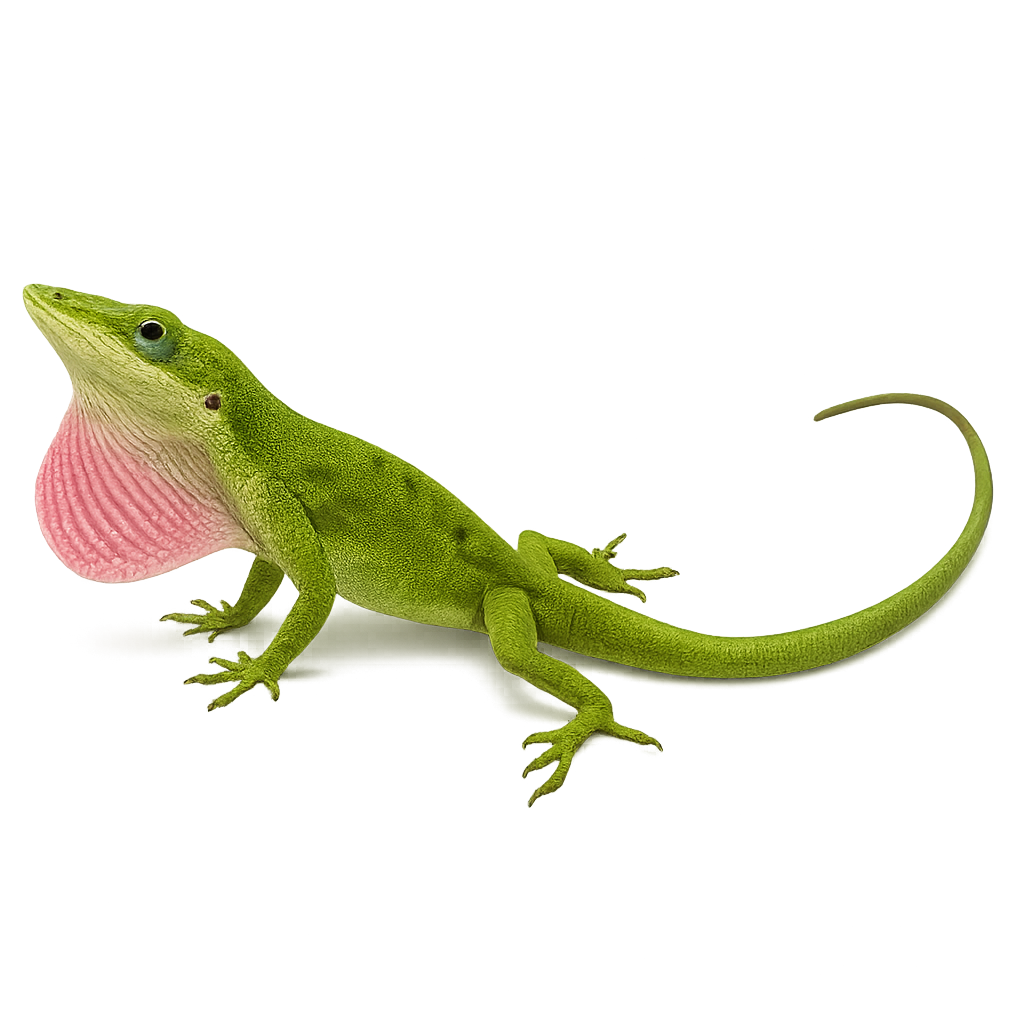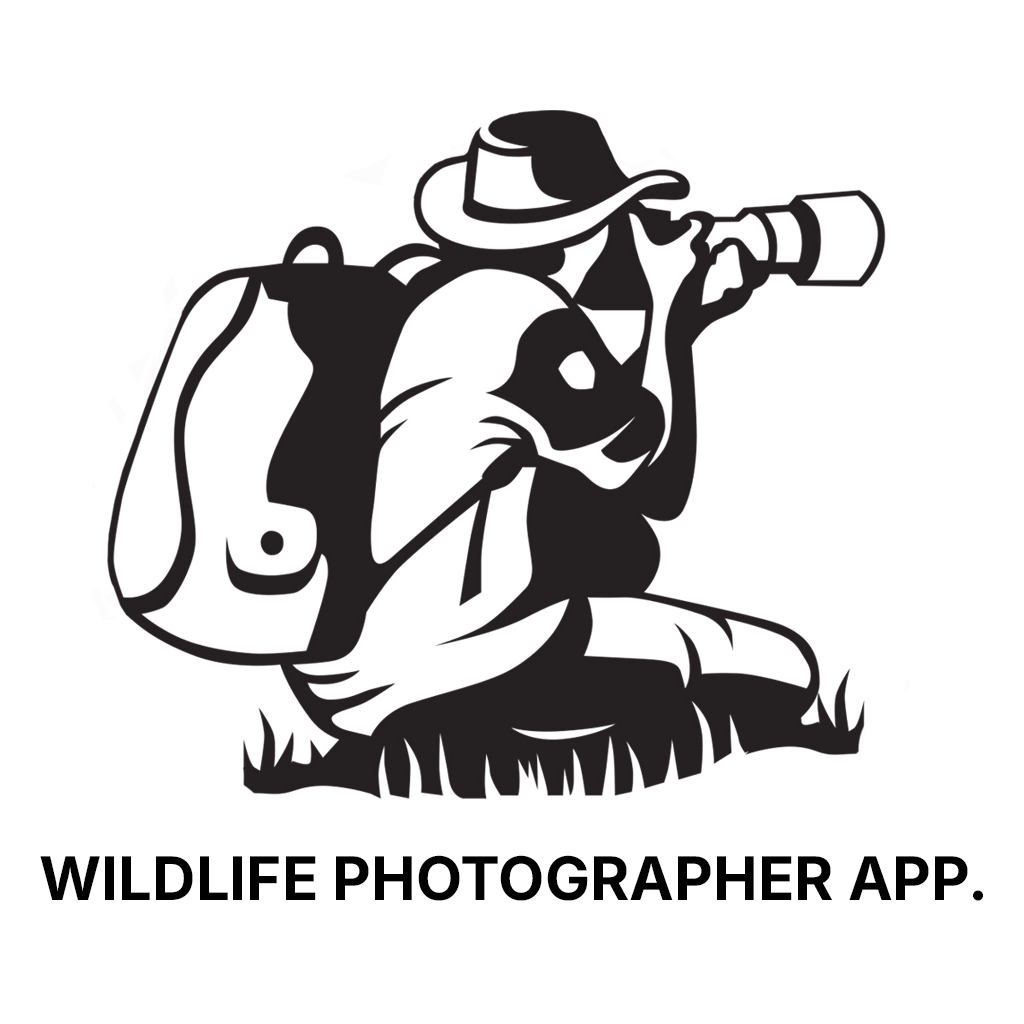Your wildlife photography guide.
Explore the green anole in detail, study its behavior, prepare your shots.
Where to observe and photograph the green anole in the wild
Learn where and when to spot the green anole in the wild, how to identify the species based on distinctive features, and what natural environments it inhabits. The WildlifePhotographer app offers tailored photography tips that reflect the green anole’s behavior, helping you capture better wildlife images. Explore the full species profile for key information including description, habitat, active periods, and approach techniques.
Green anole
Scientific name: Anolis carolinensis

IUCN Status: Least Concern
Family: Dactyloidae
Group: Reptiles
Sensitivity to human approach: Tolerant
Minimum approach distance: 2 m
Reproduction period: March to April
Incubation: 7–14 jours
Births: March to April
Habitat:
forests, gardens, urban areas
Activity period :
Active during the day when temperatures are favorable, often seen basking in the sun.
Identification and description:
The Anolis carolinensis, commonly known as the green anole, is a small arboreal lizard native to the southeastern United States. It is easily recognizable by its bright green color, although it can change to brown depending on its mood or environment. Typically measuring between 12 and 20 cm, this anole has a long tail and adhesive toes that allow it to climb easily. It primarily feeds on insects and plays an important role in controlling pest insect populations. The green anole is often seen in gardens, forests, and urban areas, where it adapts well to human presence.
Recommended lens:
Macro – adjust based on distance, desired framing (portrait or habitat), and approach conditions.
Photography tips:
To photograph the green anole, it is advisable to use a macro lens to capture the details of its skin and changing colors. Approach slowly and avoid sudden movements to prevent scaring it away. Look for it in sunny environments, as it is more active during the day. Use a shallow depth of field to make the subject stand out from the background.
From knowledge to field practice
A species profile helps you understand an animal. In the field, the challenge is often different. Remembering your own observations.
The WildlifePhotographer app allows you to:
• record your personal observations
• note locations, dates, and behaviors
• revisit your field references over time
• build a private and long-term field logbook
The app does not provide observation locations.
It helps you organize what you actually observe, with respect for wildlife.

